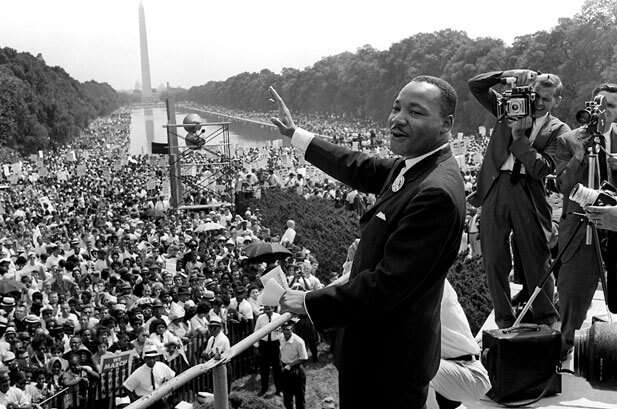2015 marks the 80th anniversary of Social Security and the 50th anniversary of Medicaid, Medicare, and the Older Americans Act. This year, the White House is also holding its sixth Conference on Aging (WHCoA), a forum designed to discuss issues and implement governmental actions that are dedicated to improve the quality of life of older Americans. In the past, the Conferences have been used to assess policy changes that impact older Americans and to propose new initiatives. The WHCoA is invite-only, but panel discussions are being held around the country over several months in order to gain diverse perspective from the country’s older population. The WHCoA has tackled several common themes over the past five decades. How to financially prepare for retirement, types of governmental services that older Americans can use, and how to remain healthy in older age are just a few of many important topics that are presented. This year, there are four official policy briefs around which the WHCoA will center: healthy aging, long- term services and supports, elder justice, and retirement security.
Healthy Aging and Long-Term Services
The 2015 WHCoA plans to discuss many health issues facing older Americans today, and how to face these issues going forward. The WHCoA encourages physical activity, proper nutrition, and health screenings for Americans aged 65 and older, in order to promote good health and avoid disease or injury. The WHCoA also acknowledges the serious nature of declining cognitive health, and will address how to optimize cognitive health, on both a personal and federal level. For example, the U.S. Department of Health & Human Services has an annually-updated National Plan to Address Alzheimer’s Disease. The WHCoA will also address plans for those who are unable to stay completely healthy as they age. Long-term services and supports can help older adults with everyday tasks, such as bathing, preparing food, or managing their finances. These services are meant to maximize the independence of a person, and to provide help when needed. There are a number of different approaches, as well as a number of ways to afford these services, including Medicaid.
Retirement Security and Elder Justice
Many people in the baby boomer generation have reached retirement age, and over the next decade the number of retirees in America will skyrocket. Financial security in retirement is one of the most important issues facing older Americans, especially as traditional pensions are being replaced with defined contribution plans (like a 401(k)). The WHCoA plans to address the protecting and strengthening of Social Security, and to help older people understand how to combine Social Security payments with outside income sources. Elder justice is also a hot-button issue that will be presented at the 2015 WHCoA. Elder abuse can be physical or emotional abuse, as well as neglect or financial exploitation. Abuse against older Americans is not often discussed in public forums, although it affects millions of people each year. The WHCoA aims to encourage discussions about protecting the aging population, and how to combat elder abuse through local efforts and on a federal level.
How Does This Affect Hearing Loss?
Hearing loss is one of the most common health problems for Americans over age 65. As outlined in the “Healthy Aging” policy brief, aging Americans are focused on the opportunities of aging rather than the limitations, and are aiming to get the most out of their well-being to stay independent and active as they grow older. One way to improve your quality of life if you’re living with hearing loss is to invest in hearing aids! For older Americans still in the work force, having the best hearing possible is essential to be a successful employee. Good hearing is also, of course, important for non-workers as well, to keep relationships thriving. The 2015 White House Conference on Aging has a full agenda and are ready to face aging head on! Although Audicus offers hearing aids at an affordable cost, we also recognize that there are still many people who cannot afford our hearing aids. To give back to the community, we've partnered with Hearing Charities of America to collect used hearing aids, which will be refurbished for people in need.




